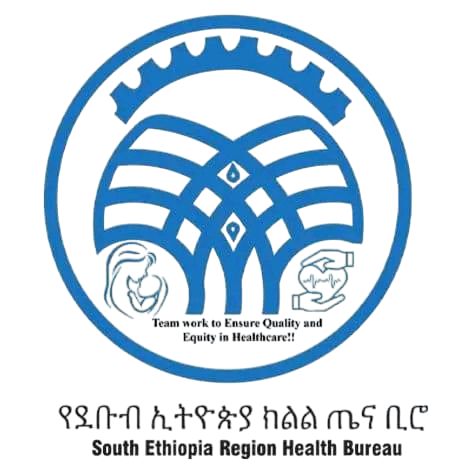The Health and Health-Related Products Quality Control Authority is responsible for ensuring the safety, efficacy, and quality of medicines, medical devices, food products, and cosmetics. The authority regulates, inspects, and monitors health-related products to protect public health and ensure compliance with national and international standards.
Key Functions and Responsibilities
1. Regulation and Quality Assurance of Medicines
- Evaluate and approve pharmaceutical products for safety, efficacy, and quality.
- Enforce Good Manufacturing Practices (GMP) for local and imported medicines.
- Monitor and inspect pharmacies, drug manufacturers, and distributors.
- Implement post-market surveillance to detect substandard and counterfeit drugs.
2. Medical Devices and Equipment Quality Control
- Assess and approve medical devices for market authorization.
- Conduct inspections and testing of medical equipment to ensure compliance.
- Establish guidelines for the proper use and maintenance of medical devices.
- Monitor adverse events and safety concerns related to medical equipment.
3. Food Safety and Quality Control
- Develop and enforce food safety regulations and standards.
- Conduct laboratory testing of food products to detect contaminants and adulteration.
- Certify food manufacturers and processors for compliance with hygiene standards.
- Prevent the distribution of unsafe or expired food products in the market.
4. Cosmetics and Personal Care Product Regulation
- Evaluate and register cosmetics to ensure they meet safety standards.
- Monitor and control the use of harmful chemicals in beauty and personal care products.
- Inspect manufacturing and retail facilities for compliance with health regulations.
- Conduct public awareness campaigns on safe cosmetic use.
5. Inspection, Licensing, and Certification
- License and regulate pharmaceutical manufacturers, importers, wholesalers, and retailers.
- Certify healthcare institutions for adherence to quality standards.
- Perform routine and surprise inspections of health-related businesses.
- Take legal action against violations of health product regulations.
6. Laboratory Testing and Research
- Operate accredited laboratories for testing medicines, food, and medical devices.
- Conduct research on public health risks related to health products.
- Develop new testing methods and quality assurance procedures.
- Collaborate with national and international regulatory agencies.
7. Public Awareness and Consumer Protection
- Educate the public about the safe use of medicines, medical devices, and food products.
- Establish a complaint-handling system for reporting unsafe health-related products.
- Strengthen partnerships with consumer protection agencies and stakeholders.
- Promote rational drug use and combat antimicrobial resistance (AMR).
